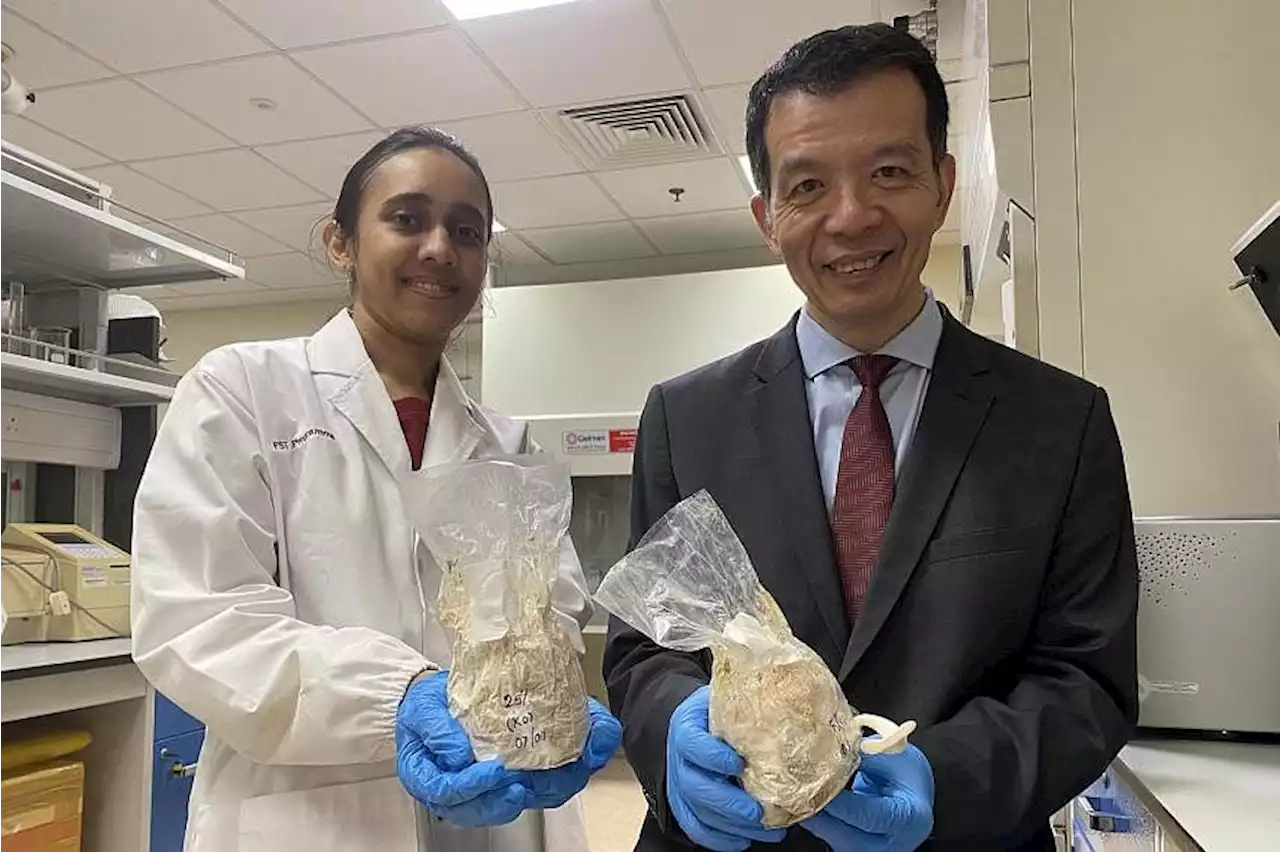Cloud seeding is seen by many as a quick way to squeeze rain drops out of clouds. Read more at straitstimes.com.
ABU DHABI - Iranian officials have worried for years that other nations have been depriving them of one of their vital water sources. But it was not an upstream dam that they were worrying about or an aquifer being bled dry.
Iran's suspicions are not surprising, given its tense relations with most Persian Gulf nations, but the real purpose of these efforts is not to steal water but simply to make it rain on parched lands. Morocco and Ethiopia have cloud-seeding programmes, as does Iran. Saudi Arabia just started a large-scale programme, and a half-dozen other Middle Eastern and North African countries are considering it.
But several Middle Eastern countries have brushed aside the experts' doubts and are pushing ahead with plans to wring any moisture they can from otherwise stingy clouds. And the demand for water soared as well. UAE residents now use roughly 147 gallons per person a day, compared with the world average of 47 gallons, according to a 2021 research paper funded by the UAE.
The UAE uses two seeding substances: the traditional material made of silver iodide and a newly patented substance developed at Khalifa University in Abu Dhabi that uses nanotechnology that researchers there say is better adapted to the hot, dry conditions in the Persian Gulf. Ground crew equip an aircraft with hygroscopic flares that release seeding material in to the clouds. PHOTO: NYTIMES
Singapore Latest News, Singapore Headlines
Similar News:You can also read news stories similar to this one that we have collected from other news sources.
 Morning Briefing: Top stories from The Straits Times on Aug 28Read more at straitstimes.com.
Morning Briefing: Top stories from The Straits Times on Aug 28Read more at straitstimes.com.
Read more »
 Morning Briefing: Top stories from The Straits Times on Aug 29Read more at straitstimes.com.
Morning Briefing: Top stories from The Straits Times on Aug 29Read more at straitstimes.com.
Read more »
 askST Jobs: How should I tell my lazy subordinate to buck up without hurting his ego?Working with lazy subordinates can appear unfair, but it is important not to hold on to resentment. Read more at straitstimes.com.
askST Jobs: How should I tell my lazy subordinate to buck up without hurting his ego?Working with lazy subordinates can appear unfair, but it is important not to hold on to resentment. Read more at straitstimes.com.
Read more »
 Science Talk: Hook diners on alternative seafood before food security sinksMore than 800 million people are at risk of malnutrition if fish populations continue to decline. Read more at straitstimes.com.
Science Talk: Hook diners on alternative seafood before food security sinksMore than 800 million people are at risk of malnutrition if fish populations continue to decline. Read more at straitstimes.com.
Read more »
 NTU scientists develop fungi-based protein more nutritious than plant-based meat substitutesThe researchers hope to commercialise their solution by 2024. Read more at straitstimes.com.
NTU scientists develop fungi-based protein more nutritious than plant-based meat substitutesThe researchers hope to commercialise their solution by 2024. Read more at straitstimes.com.
Read more »
 Global warming likely to boost wheat yields, but will also drive up price volatility: StudyThe study focuses on what may happen to wheat production globally, and also global prices for the grain. Read more at straitstimes.com.
Global warming likely to boost wheat yields, but will also drive up price volatility: StudyThe study focuses on what may happen to wheat production globally, and also global prices for the grain. Read more at straitstimes.com.
Read more »
